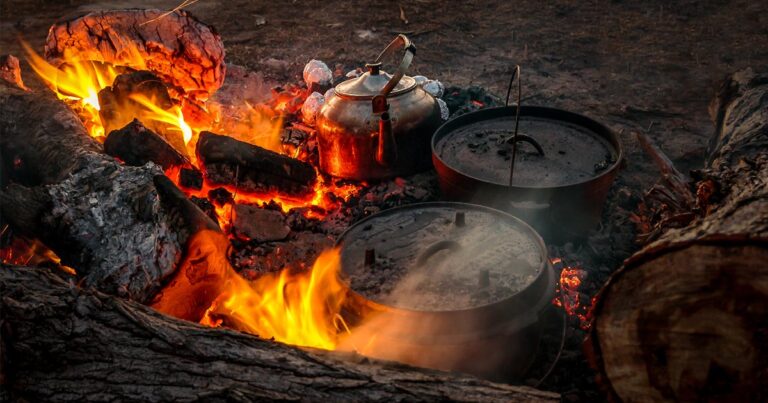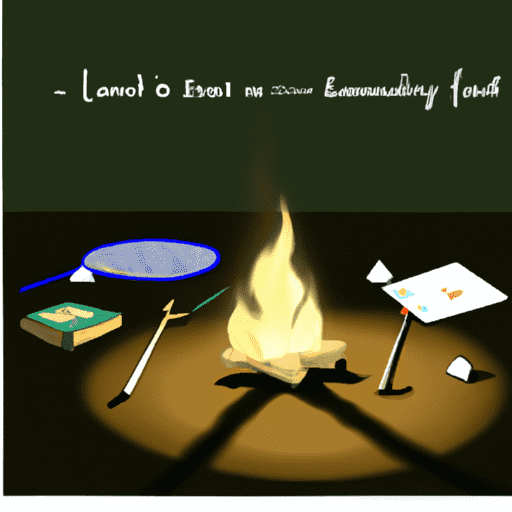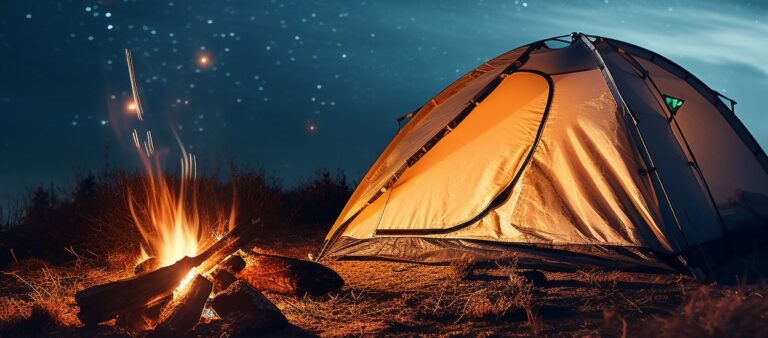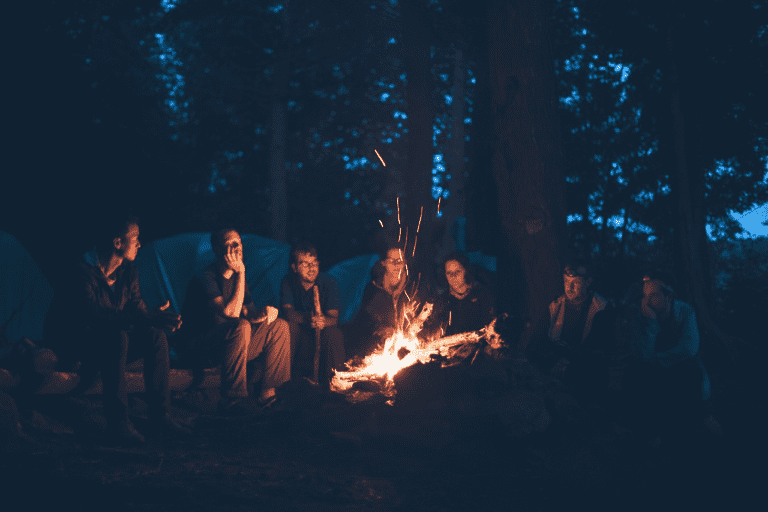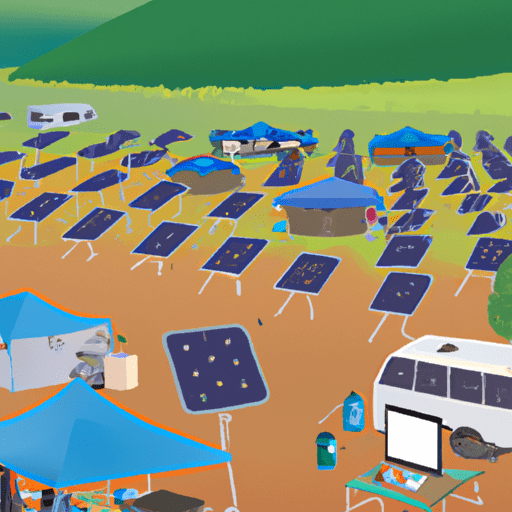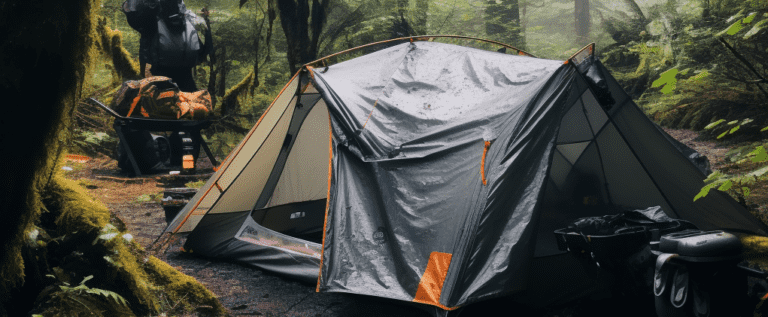Did you know that an estimated 1 in 5 campers have tried stealth camping at some point? It's a trend that's been growing rapidly among the adventurous souls craving freedom, silence and solitude.
Hi, I'm an experienced camper and outdoor enthusiast who has spent countless nights under the stars in various settings. Among my camping adventures, stealth camping stands out as one of the most thrilling experiences. It's not just about pitching a tent in nature; it's about becoming invisible within it, leaving no trace behind. This practice takes camping to a whole new level, combining outdoor survival skills with the art of camouflage and discretion.
If you're someone who relishes privacy and loves being close to nature, stealth camping could be your next big adventure. In this article, we'll explore what stealth camping is all about – its history, reasons for its popularity, rules to follow and essential gear needed for safe practice.
Key Takeaways
- Stealth camping is a growing trend in camping, with 1 in 5 campers having tried it.
- Stealth camping is about becoming invisible in nature, leaving no trace, and minimizing environmental impact.
- The legality of stealth camping varies from place to place, and there is a risk of being discovered or running afoul of local laws.
- Essential gear for stealth camping includes a high-quality tent, compact cooking gear, camouflage clothing, and binoculars or scope.
Definition of Stealth Camping
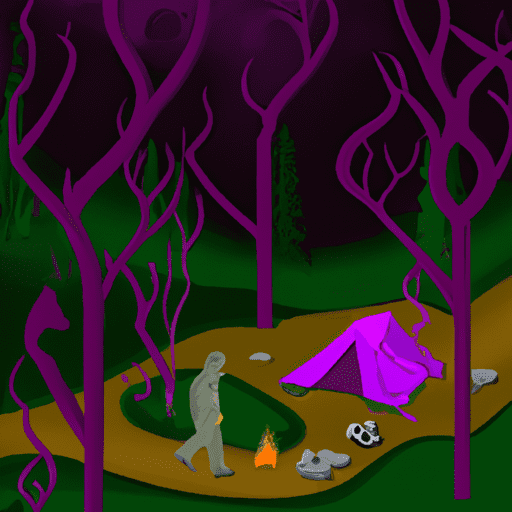
There's a certain thrill in the heart when you're stealth camping. It's like playing hide and seek with nature, where you camp in a concealed or secretive manner to avoid detection. It's all about blending into your surroundings, leaving no trace behind, and most importantly, staying out of sight.
However, one must tread carefully because ‘Stealth Camping legality' varies wildly from place to place. Some areas are more lenient while others strictly prohibit such activities.
Despite the exhilarating sense of adventure that comes with it, there are also some disadvantages of stealth camping. There's always the risk of being discovered or running afoul of local laws. Moreover, amenities are often scarce – no convenient restrooms or showers here! Yet for those seeking pure freedom and solitude under the stars, these challenges seem minor and only add to their adventurous spirit.
History of Stealth Camping
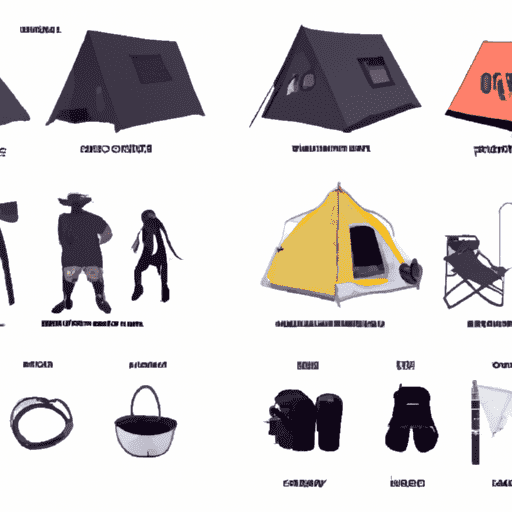
Immersed in the quiet whisper of nature, adventurers have been surreptitiously laying their heads under starlit skies since time immemorial, a practice now known as remaining unseen while sleeping outdoors. This stealth camping tradition bears its roots deep within our love for exploration and freedom.
The origins spring from:
- Nomadic tribes who were masters at blending into landscapes to avoid detection.
- Influential figures like John Muir, who championed wilderness preservation and often camped discreetly during his explorations.
- Gold prospectors and pioneers pushing westward across uncharted territories, making temporary homes hidden away from prying eyes.
These historical footprints paved the way for today's stealth camping ethos. The allure of becoming one with nature, experiencing the purest form of freedom without leaving a trace – that's the spirit I embrace when I venture out into the wild unknown.
Reasons for Stealth Camping
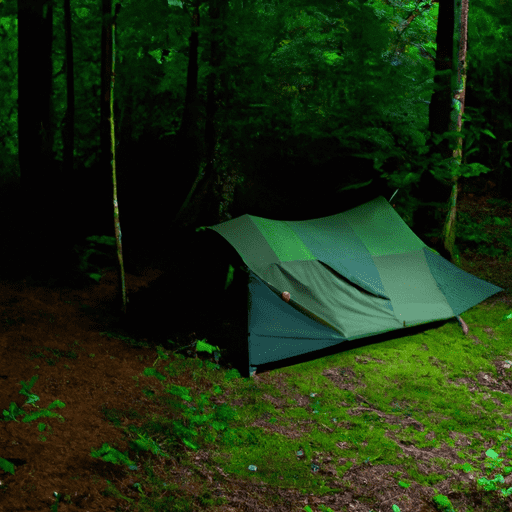
You might wonder why anyone would choose to bed down unnoticed in the wilderness; well, let's delve into some compelling reasons.
At the heart of stealth camping is a deep affinity for freedom and adventure. It's about escaping society's constraints and finding peace under the stars. The legal implications can be tricky, but part of the thrill lies in navigating those challenges.
Stealth camping also allows me to minimize my environmental impact. I'm not contributing to crowded campsites or straining park resources; instead, I'm leaving nature exactly as I found it – untouched and unspoiled.
So you see, my decision to engage in stealth camping isn't just about rebellion or thrill-seeking; it's also about respecting our world and embracing a life untethered from modern hassles.
Stealth Camping Rules and Etiquette
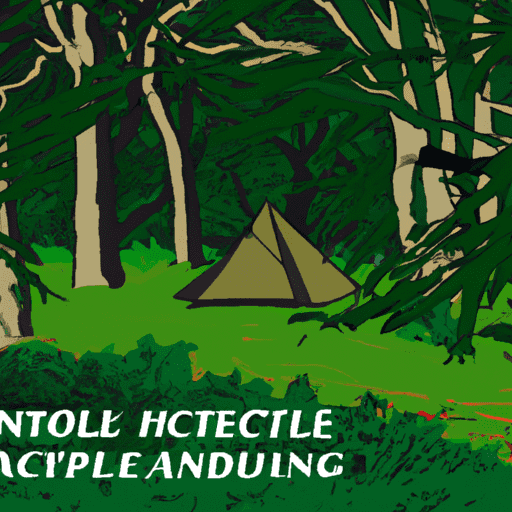
Living under the stars comes with its own set of rules and etiquette, akin to a silent code amongst those who choose this path.
Much like the unwritten law in bustling cities that you shouldn't stand on the left side of an escalator—it's for walking, not standing—nature also has its non-negotiables.
For instance, one cardinal rule is to leave no trace. It's as if we're ghosts passing through a forest, leaving only footprints and taking only memories. This practice ensures we preserve the environment and allows fellow adventurers to experience the same untouched beauty we've enjoyed.
Stealth camping isn't just about adventure—it's about respect too.
Stealth Site Selection is key: pick spots that are unobtrusive and minimize your impact on nature by adhering strictly to Leave No Trace Principles.
The wilderness is our playground—let's keep it clean and pristine for others seeking that liberating taste of freedom!
Essential Gear for Stealth Camping
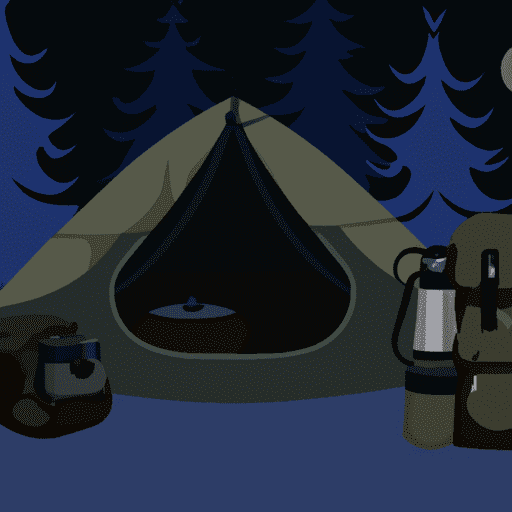
Embarking on this journey into the wild requires thoughtful preparation and a critical selection of equipment, ensuring that each item in your pack serves a purpose and contributes to minimal intrusion. Beyond just survival essentials, stealth camping demands gear that blends seamlessly with nature, while standing up to harsh conditions.
High-quality tent: The durability of your shelter is paramount. Opt for camouflage designs or muted colors that meld with the surroundings.
Compact cooking gear: Choose compact and noiseless options to maintain your low profile.
Camouflage clothing: Gear durability extends to attire; choose tough materials colored to match the landscape.
Binoculars or scope: Essential for scouting out potential campsites from afar.
Stealth camping isn't simply about surviving—it's about embracing freedom in an unobtrusive manner, adopting camouflage techniques and durable gear as part of a larger adventure.
Safety Measures and Precautions
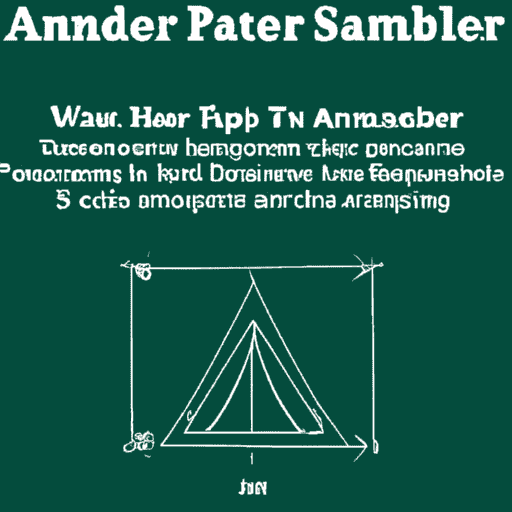
Navigating the wilderness is no walk in the park; it's vital to take certain safety measures and precautions, ensuring your adventurous spirit doesn't land you in hot water.
My first rule of thumb for stealth camping safety is having a good intruder deterrence system. I prefer using a tripwire alarm that emits a loud sound when tripped, alerting me of any unwelcome visitors while I'm catching some z's.
Next on my safety checklist are wildlife encounters. The key here is prevention: store food properly, avoid strong-smelling toiletries, and always camp away from trails animals use. If an encounter can't be avoided, knowing how to react could save your life.
Always remember, being aware of your surroundings and respecting nature's rules allows you to experience the ultimate freedom stealth camping offers without risking safety.
Conclusion
In the heart of nature, I've found freedom and solace through stealth camping.
There's a thrill in the secrecy, a delight in the simplicity, and a joy in the connection to nature.
It's an adventure that demands respect for our environment, knowledge of our gear, and courage against potential dangers.
So here's to us stealth campers: we're explorers by night, ghost-like yet fully alive.


